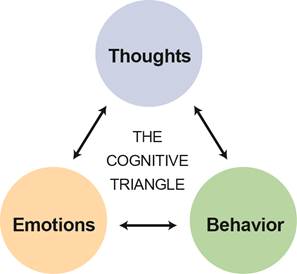Blog 5-June, 2018 Cognitive Behavior Therapy, Collaborative Problem Solving (now called Collaborative Proactive Solutions) and Social Thinking all have some very important concepts that they share. Thoughts drive feelings which affect behavior Ones concept of Self (Bandura's self-efficacy) affects the decisions we make and how we interact with others If we feel we are being judged rather than being listened to, we are most likely not open to anything that person has to say (Rita Pierson and Ross Greene) Social thinking is the trade name for a protocol of behavior remediation used with kids on the spectrum. It is a wonderful approach which uses humor, practical applications and visual characters. Some of the most popular characters with my students are Superflex, Rock Brain, Glass Man, Wasfunnyonce and Worry Wall. The younger kids love it. The older kids can relate to the mirror that is held up of the character traits they are disp...
Posts
Showing posts from June, 2018
Blog 4-June, 2018
- Get link
- X
- Other Apps

So..... this month I want to spend some time discussing Cognitive Behavior Therapy (CBT). We will first examine what CBT is and the basic philosophy that forms its foundation. Then in the next blog in June, I will show how I have integrated CBT with the other approaches to addressing behavior and academic issues that we have all experienced, both parents and educators. Let me say upfront, that while I have many hours of training with CBT and hope to continue traveling to the Beck Institute, I am not a therapist. Therefore, my understanding of CBT and its application is from a lay perspective. Often, during classes in CBT at the Beck Institute in Philadelphia, PA, I was the only non-therapist in the course. My concerns and my questions were often very different from the health care professionals. The first aspect of CBT that I want to share is the Cognitive Triangle or Cognitive M...